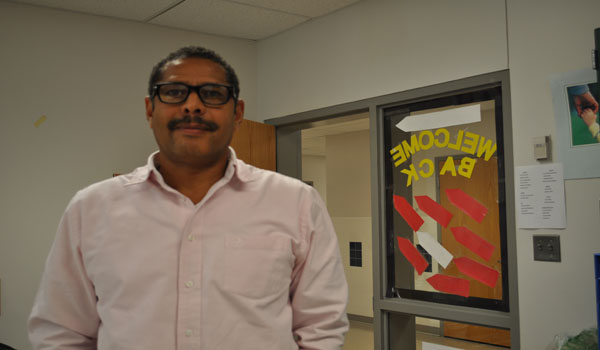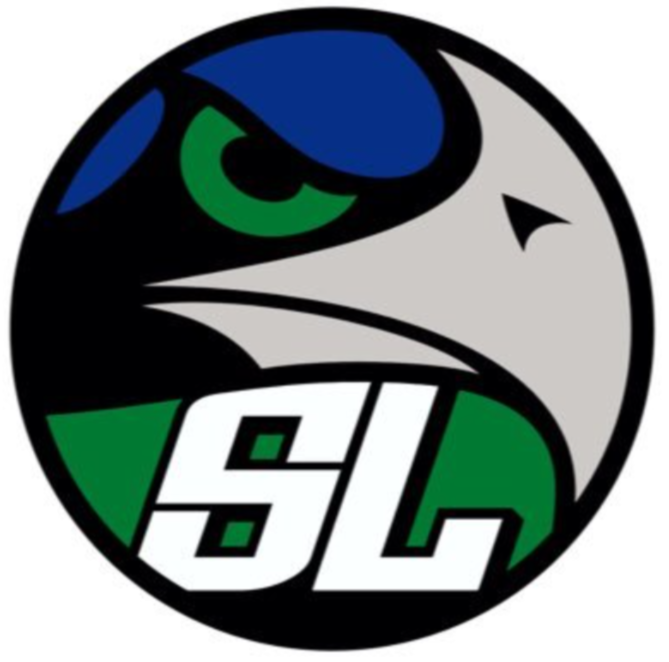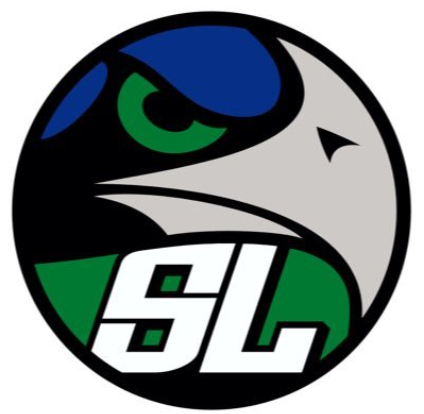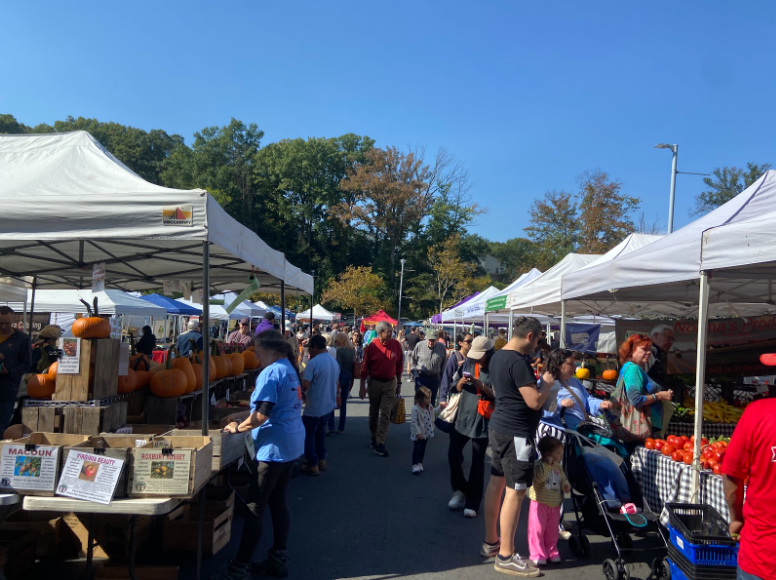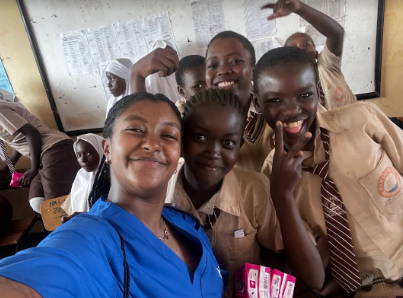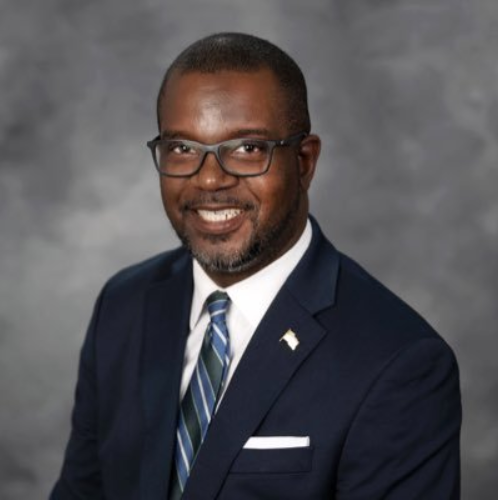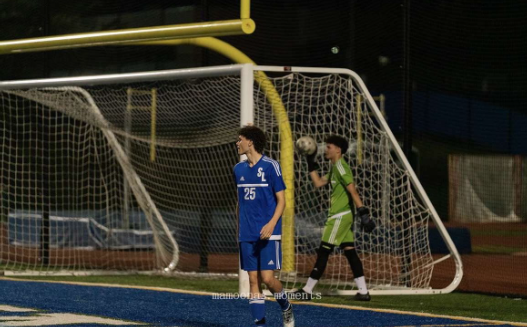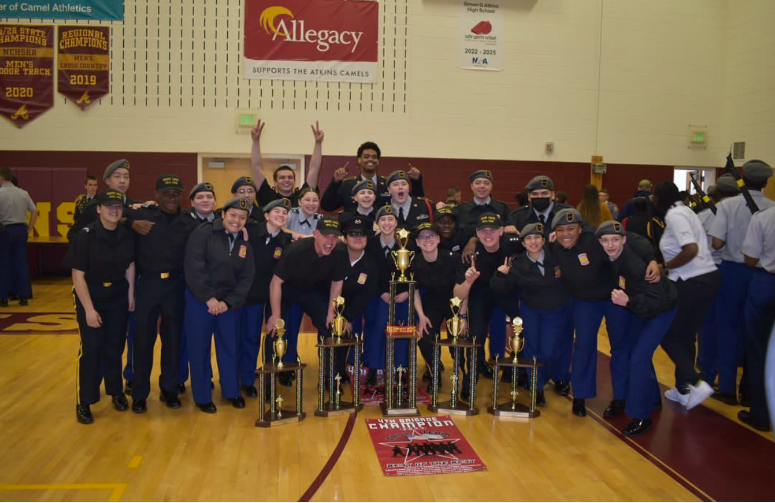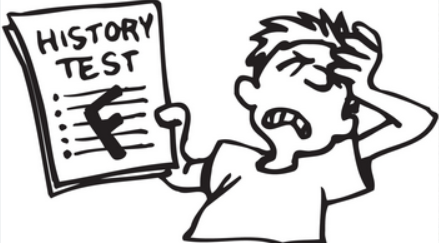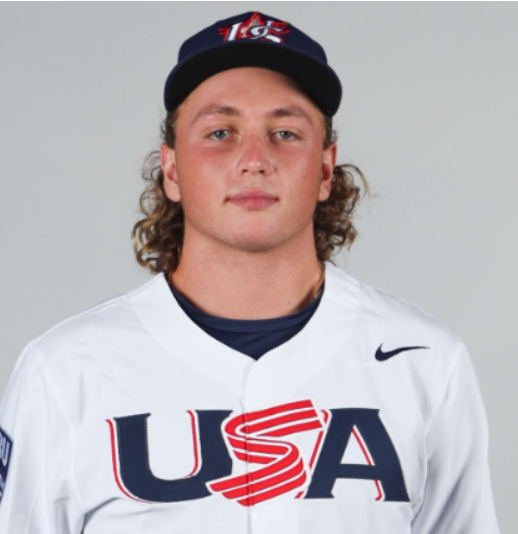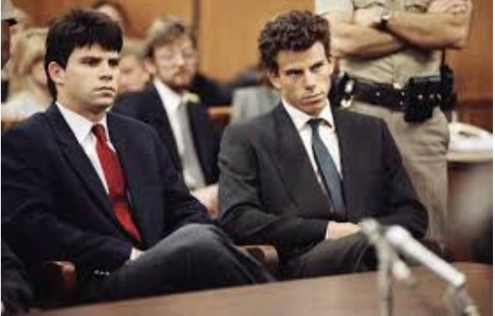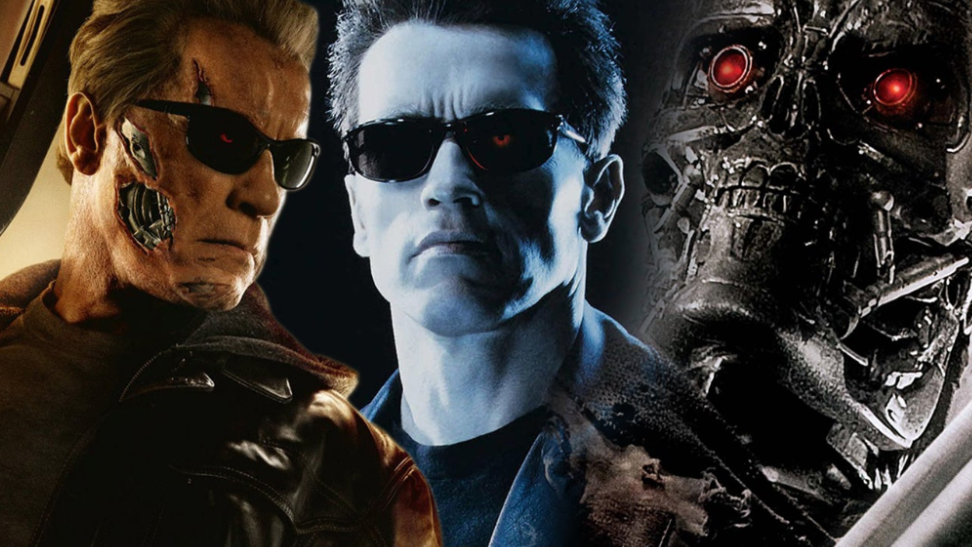For the past ten years, American-Muslims have been unfairly associated with the 9/11 attacks and with terrorist groups. Ever since the 9/11 attacks in 2001, American-Muslims have been under the glaring and bright light of society.
“Sometimes I get weird looks on that specific day [9/11]”, said junior Hadir Abdalla. “They all think that you are supporting or a part of it. But it’s not a part of my culture, and people should know that.”
It is part of the Muslim culture for women to wear headscarves or “hijabs” as a sign of modesty in front of men besides their own kin. Their hijab is an obvious indication of being a Muslim and is sometimes where the stares and profiling are derived from. Whether it’s around the neighborhood or at Dulles International Airport, racial profiling has become an alarming reality.
“The questions were run of the mill,” said art teacher Ume Hussain. “[Dulles officials] would randomly pull people aside and question their intentions. Some friends and I were coming back from North Africa and they just selected us and pulled us aside. They asked why we went and what we do for a living. I am pretty sure my name and many other unnecessary names are on the alert list. The whole thing is very suspicious.”
Though the questioning is harmless, the need of them is debatable.
“I see this situation as something I can’t take personally,” said Hussain. “It is what it is and one day it is me, and the next day it isn’t. I definitely think that some people are too sensitive about the topic. They key thing is to be secure and confident, and to see the best in people.”
Some also think that the prejudice against American-Muslims was initiated even before the 9/11 attack.
“After 9/11, so called Islamic terrorists were projected more strictly,” said Haroun Akbar, sponsor of the Muslim Student Association (MSA) and instructional assistant for Individuals with Disabilities . “However, they have always been there and 9/11 was an excuse to act out. There are still many negative people, and they have always been and always will be there, despite 9/11.”
The 75 MSA club members not only work on eliminating this prejudice, they also work towards encouraging American-Muslim students to overcome and move forward.
“The Muslim Student Association was first started because many Muslim students felt uncomfortable in taking part in school activities for various reasons,” said Haroun. “Before people would not even run for student council. However, just last year the student president was Muslim.”
Haroun has served as MSA adviser for the past 12 years, and knows that this club makes a difference for American-Muslim students in South Lakes.
“MSA students, many whom are immigrants, once felt like they didn’t belong and now they feel comfortable in school. They are all positive role models and mentors. As a club we not only participate in many charitable events, but we learn the history of Islam and do sessions and activities with the Christians athletes association. Islam is the fastest growing religion in the world, and once people meet MSA and realize this, they will pick it up too. “








